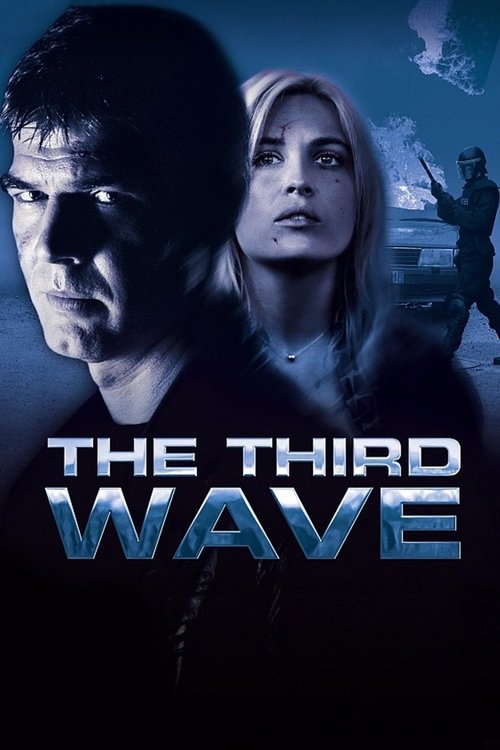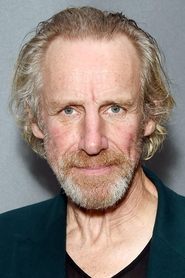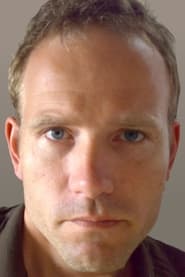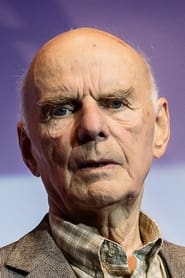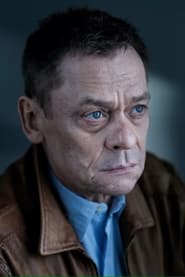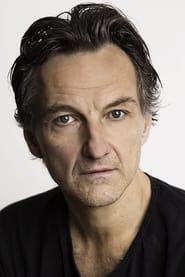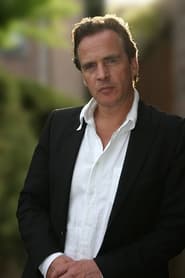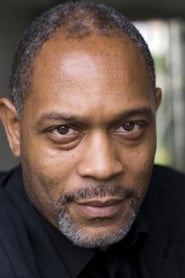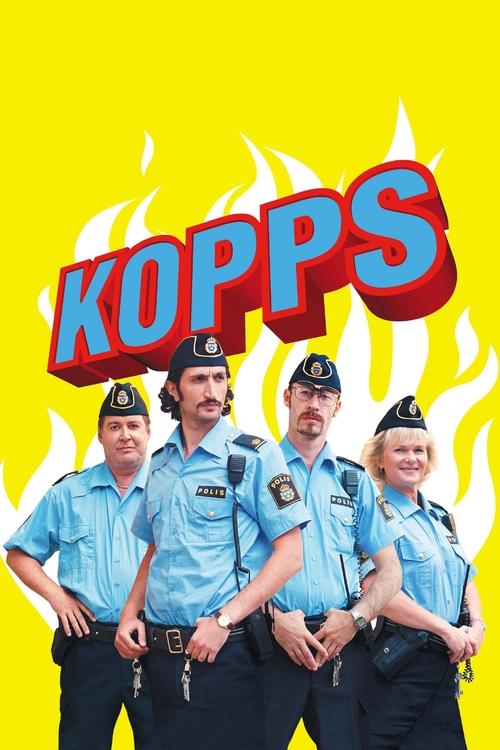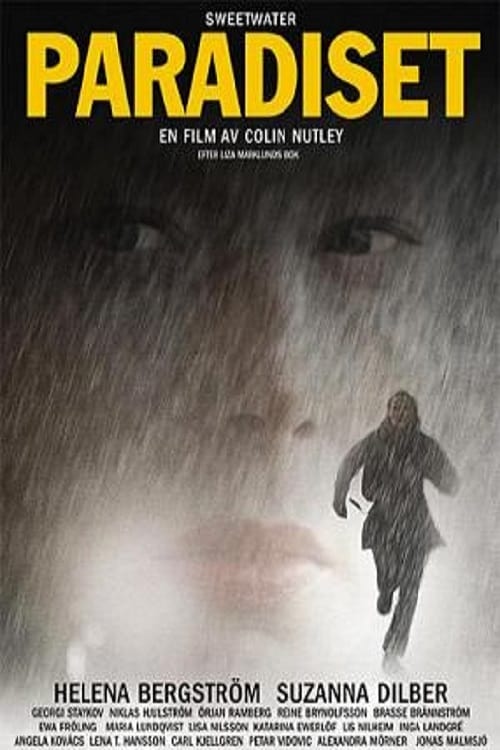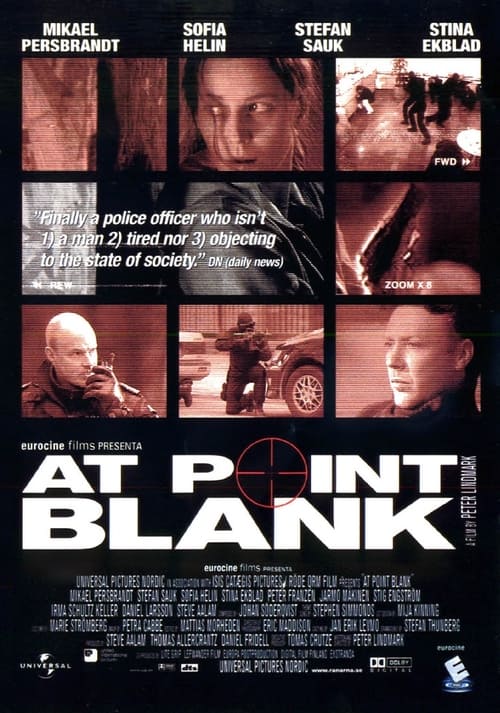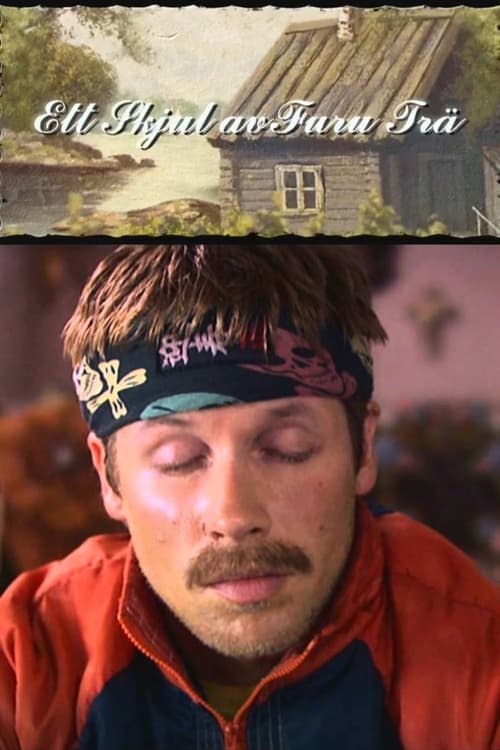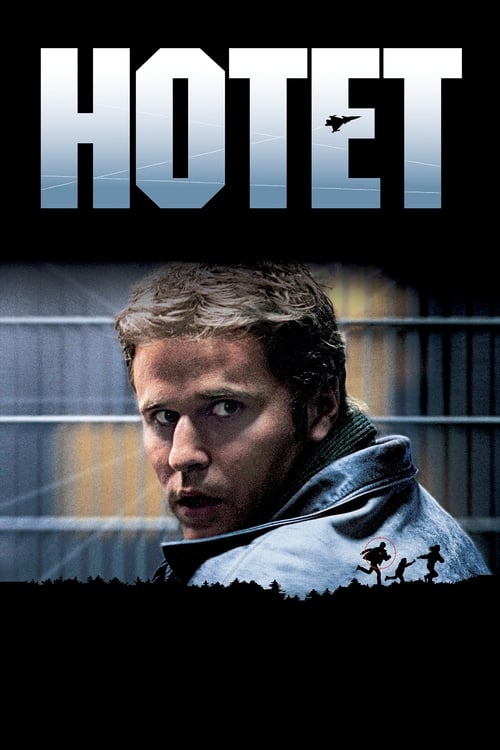
Ask Your Own Question
What is the plot?
More Movies Like This
Browse All Movies →What is the ending?
In the ending of "The Third Wave," the experiment concludes with the students realizing the dangers of groupthink and authoritarianism. The protagonist, a teacher named Mr. Ross, faces the consequences of his actions as the students confront him about the manipulation they experienced. The film closes with a powerful revelation about the nature of power and control.
As the final scenes unfold, the tension in the classroom escalates. Mr. Ross, who initially intended to teach his students about the dangers of fascism, finds himself caught in the very web of authoritarianism he sought to expose. The students, initially enthusiastic about the movement they created, begin to experience a shift in their emotions. They start to question the ethics of their actions and the implications of their newfound power.
In a pivotal moment, a student named Robert, who had embraced the role of a leader within the movement, becomes increasingly aggressive and confrontational. His transformation from a shy, insecure boy to a fervent supporter of the movement highlights the seductive nature of power. As the other students witness Robert's change, they begin to feel the weight of their complicity in the experiment.
The climax occurs when the students confront Mr. Ross about the consequences of their actions. They express their feelings of betrayal and confusion, realizing that they have been manipulated into a dangerous ideology. Mr. Ross, faced with the reality of what he has created, struggles with guilt and regret. He attempts to explain his intentions, but the damage has been done. The students are no longer willing to accept his authority unconditionally.
In the final moments, the students are left to grapple with the lessons learned from the experiment. They understand that the allure of power can lead to devastating consequences, and they must confront their own roles in the events that transpired. The film ends on a somber note, emphasizing the importance of critical thinking and the dangers of blind obedience.
As the credits roll, the fates of the main characters are left somewhat ambiguous. Mr. Ross is left to reflect on his actions and the impact they had on his students. Robert's fate is uncertain, but his transformation serves as a cautionary tale about the dangers of unchecked ambition and the potential for individuals to lose themselves in the pursuit of power. The other students, now aware of the fragility of their moral compass, must navigate their lives with the knowledge of what they are capable of when swept up in a movement. The film closes, leaving the audience to ponder the implications of the experiment and the lessons learned.
Is there a post-credit scene?
What is the significance of the character Robert in The Third Wave?
Robert is a pivotal character in The Third Wave, representing the voice of reason and skepticism amidst the chaos of the experiment. His internal conflict and eventual realization of the dangers of the movement highlight the moral dilemmas faced by individuals when confronted with group dynamics and authority.
How does the experiment in The Third Wave affect the students' relationships with each other?
The experiment creates a rift among the students, as some embrace the authoritarian structure while others resist it. Friendships are tested, with characters like Laurie feeling isolated as she questions the movement, while others, like the enthusiastic followers, become increasingly aggressive towards dissenters.
What role does the teacher, Mr. Ross, play in the development of the experiment?
Mr. Ross is the catalyst for the experiment, initially intending to demonstrate the ease with which fascism can take hold. His motivations shift as he becomes increasingly absorbed in the power dynamics he creates, leading to a loss of control over the students and a personal moral crisis.
How does the character of Laurie respond to the changes in her classmates during the experiment?
Laurie becomes increasingly alarmed as her classmates transform into fervent supporters of the movement. Her emotional turmoil is palpable as she grapples with feelings of betrayal and fear, ultimately leading her to take a stand against the experiment and its implications.
What are the consequences faced by the students who oppose the Third Wave movement?
Students who oppose the Third Wave face social ostracism and hostility from their peers. Characters like Laurie and Robert experience bullying and isolation, illustrating the psychological impact of the experiment and the dangers of conformity and groupthink.

